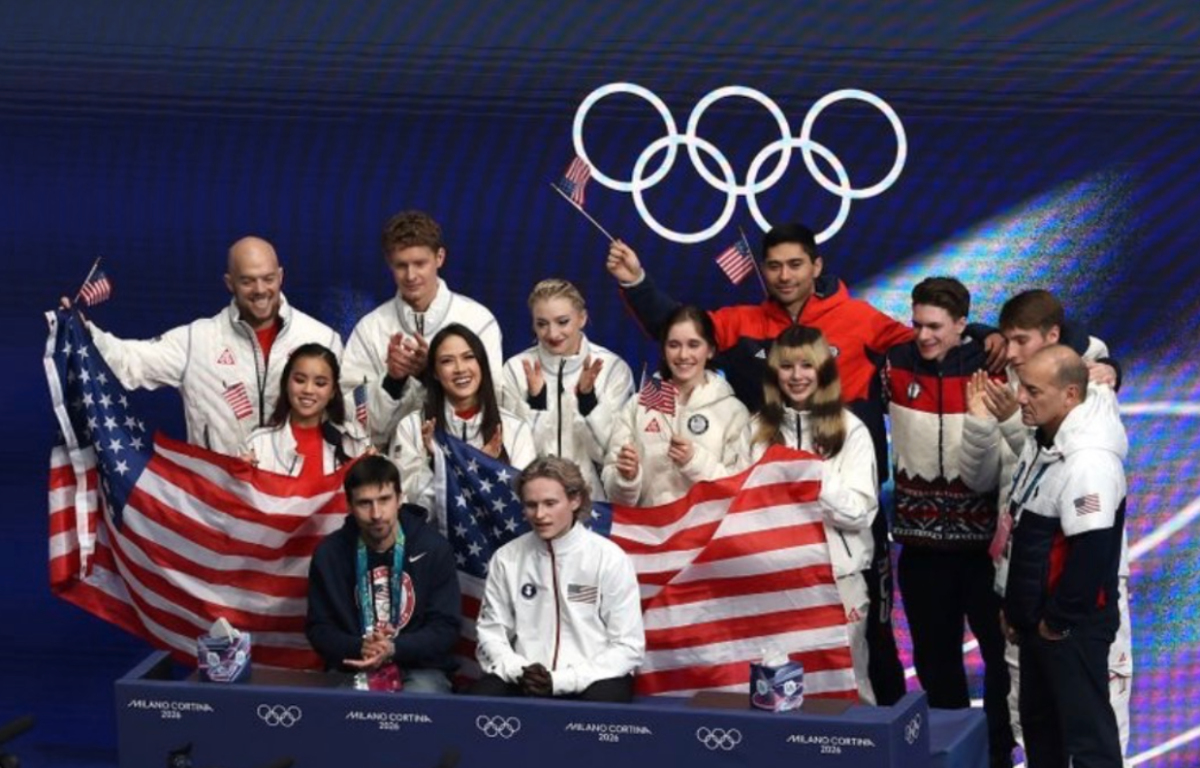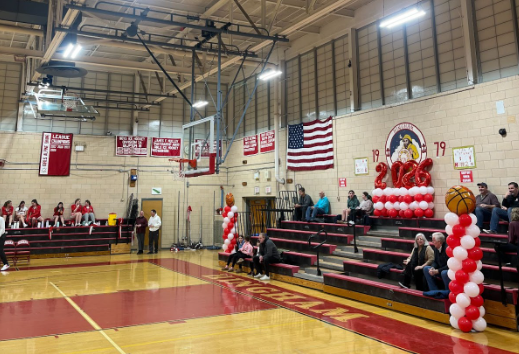Donald Trump and Conflicts of Interest

Donald Trump
December 4, 2016
As many Americans have finally been able to put the election behind them over the Thanksgiving Break, the President-elect has wasted no time in securing his vision for the future of the United States… and for his business. While much of the media’s coverage of Donald Trump’s presidential transition has focused on its chaotic nature, it has also revealed the many complexities of having a billionaire inherit the Presidency of the United States, and particularly in the case of conflicts of interest.
Although Trump, as President of the United States, is technically exempt from being charged with a conflict of interest, the vast size of his real estate empire has brought doubts on his ability to remain neutral in terms of economic and foreign policy. While Trump could simply solve this conflict by putting all of his financial holdings in what’s called a “blind trust,” which is a step which every American President since LBJ has taken in order to promote the sanctity of the office, the President-elect has taken a slightly different route.
Trump has decided that instead of putting his financial holdings in a blind trust- which would temporarily put all of his financial holdings in the hands of a 3rd party investor chosen by Mr. Trump himself and also block the President-elect from seeing how his political decisions could affect his business when considering legislation- he will simply pass control of his business to his children.
While this decision would obviously endanger the financial neutrality of the Executive Branch, Mr. Trump has been a poor defender of himself, and has gone even further against tradition by actively promoting his business during discussions with foreign leaders and diplomats. One recent conversation with President Mauricio Macri of Argentina even began a mini-constitutional crisis.
The controversy began after news spread of a phone call during which President Macri congratulated Mr. Trump for his victory, and Trump promptly responded by bringing up an office building which his company is building in Buenos Aires, which had not yet been given a permit by the Argentinian Government. After the phone call, Donald Trump’s company moved on with plans to construct the building as if it had been approved, and even announced the groundbreaking in 2017.
This suspicious course of events led many journalists to suspect that the Argentine Government had given the President-elect preferential treatment in order to gain his favor and that Trump had accepted this gift. And this is where an obscure section in the Constitution comes in.
The controversy arose from Article I, Section 9, Clause 8 of the Constitution of the United States, which reads: “No Title of Nobility shall be granted by the United States; and no person holding any office of Profit or Trust under them, shall, without the Consent of Congress, accept of any present, Emolument, Office, or Title, of any kind whatever, from any King Prince, or foreign State.”
Some people in the media have speculated whether or not this preferential treatment for Trump’s brand by Argentina amounts to a “present” by a foreign state, and while such an accusation has little chance of standing in court, it as the very least extremely worrisome.
In the end this curious case of Argentina is but one of numerous examples of Trump’s reckless conversations with foreign leaders, which threaten the current American diplomatic order.

































